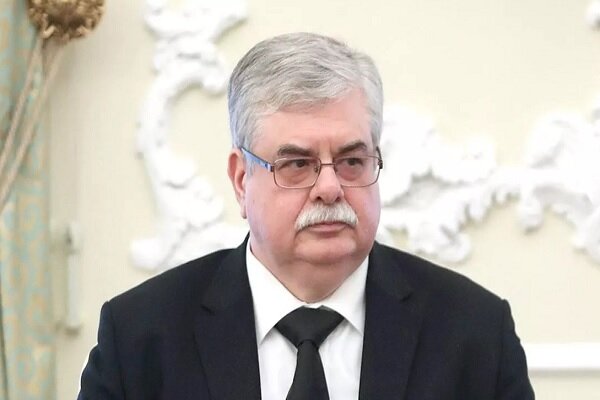
Similar Posts
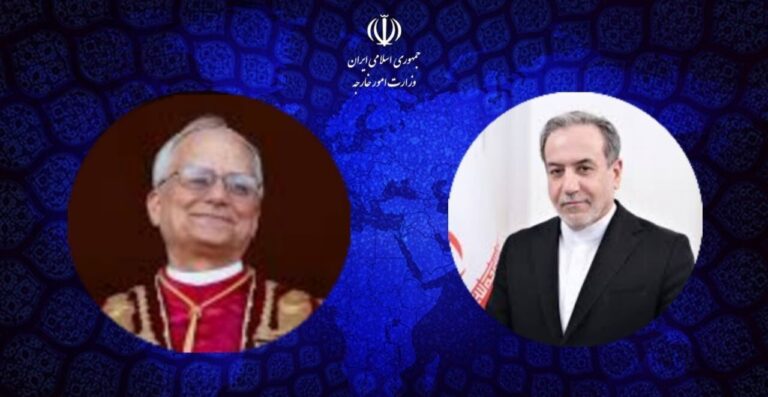
Iran Extends Warm Wishes to Newly Elected Pope: A Historic Gesture of Diplomacy
Tehran’s Foreign Minister Abbas Araqchi congratulated newly-elected Pope Leo XIV, expressing hope that the pontiff will promote religious values to foster justice, peace, and dialogue amid global conflict. Araqchi’s message followed the election of Cardinal Robert Prevost as the 267th leader of the Roman Catholic Church. He highlighted the election as a beacon of hope to combat injustice, poverty, and war. The 69-year-old Chicago native is the first American pope, having previously served in Latin America, including a decade in Peru. He succeeds Pope Francis, who passed away at 88 after health complications.
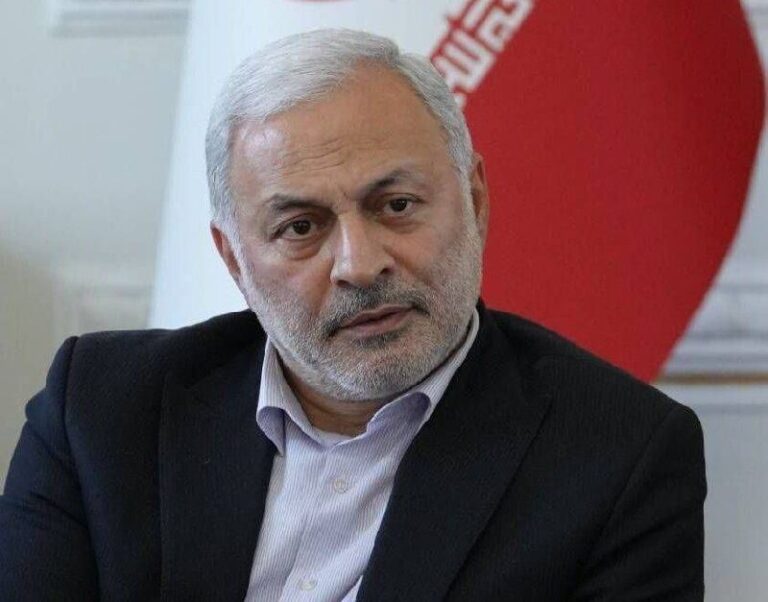
Iran Pledges Unwavering Support for Lebanon: Top Diplomat Assures Assistance Anytime
Iran’s deputy foreign minister, Vahid Jalalzadeh, reaffirmed the country’s commitment to supporting the Lebanese government and citizens during his recent visit to Lebanon. He met with key officials, including Parliament Speaker Nabih Berri, emphasizing Iran’s readiness to assist Lebanon as needed. Jalalzadeh also addressed the tragic deaths of two Iranian nationals in France, leading to Iran summoning the French ambassador to express dissatisfaction. The Iranian government is seeking compensation for the victims’ families and is working on repatriating the bodies while requesting information from France about the incident. This reflects Iran’s dedication to its citizens and regional diplomacy.
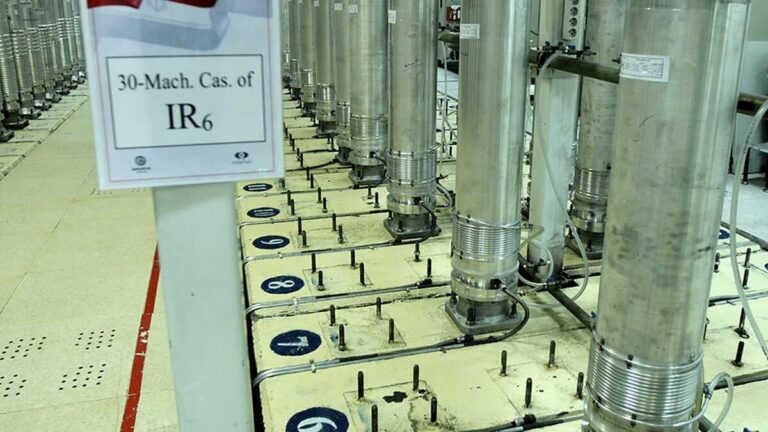
Iran’s Nuclear Case: No Changes in Management, Confirms MFA
The Iranian Ministry of Foreign Affairs (MFA) has reaffirmed its commitment to managing the country’s nuclear case, emphasizing that there have been no changes in the approach to negotiations. The MFA will continue to oversee discussions, maintaining its previous strategy. In response to media inquiries, the ministry confirmed the consistency of its management. Additionally, the Supreme National Security Council will remain responsible for determining the negotiating strategy and coordinating efforts among relevant institutions. This statement is significant in understanding Iran’s stance on nuclear negotiations amid ongoing international scrutiny.
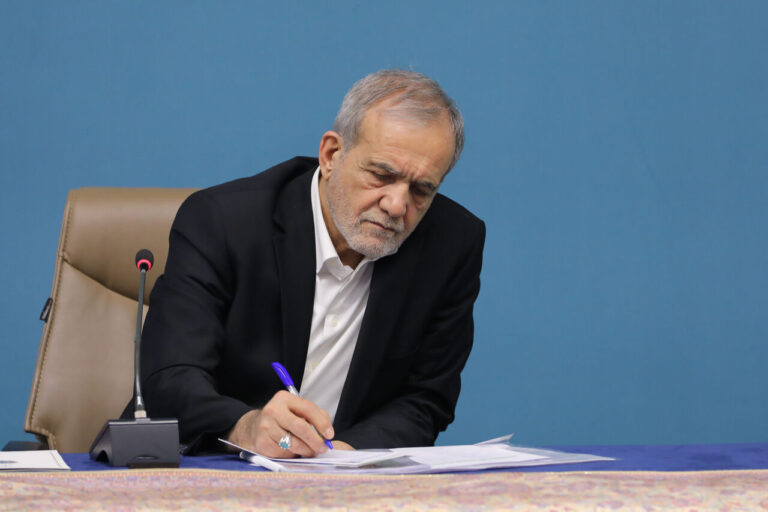
President Pezeshkian: Global Imperialism Misrepresents Islam and the Quran as Threats to Humanity
During the closing ceremony of the 41st International Quran Competition in Mashhad, President Masoud Pezeshkian emphasized the need to counter global imperialism’s negative portrayal of Islam. The event featured 59 reciters from 27 nations. Pezeshkian highlighted the importance of unity among Muslims, resistance against oppression, and the Quran’s guidance for humanity beyond race and religion. He quoted Prophet Mohammad (PBUH) on the Quran’s superiority, asserting that its teachings can lead to justice, kindness, and peaceful coexistence. The ceremony celebrated participants’ talents while reinforcing the Quran’s role as a unifying force for Muslims worldwide.
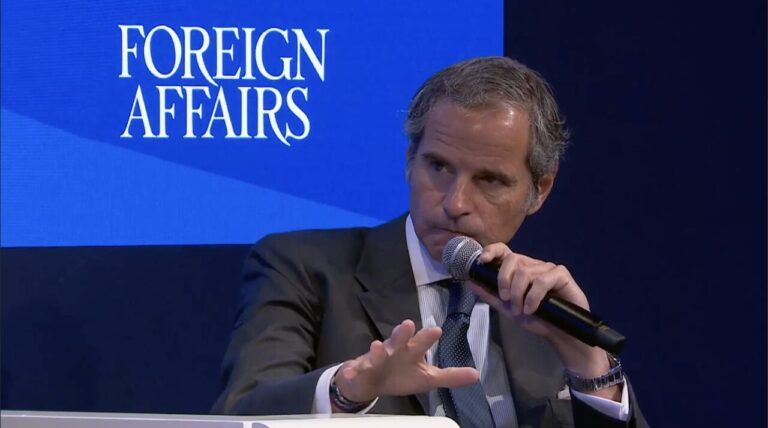
IAEA Chief: JCPOA as Launchpad for a New Negotiation Deal with Iran
Rafael Grossi, director general of the IAEA, recently discussed the Joint Comprehensive Plan of Action (JCPOA) at the World Economic Forum, emphasizing its potential as a framework for future negotiations with Iran. He noted that Iran’s uranium enrichment has significantly increased since the U.S. withdrew from the deal in 2018. While efforts to revive the JCPOA began in April 2021, Grossi indicated that the original agreement is insufficient for current challenges, necessitating a new one. He called for diplomatic engagement with the new U.S. administration, despite ongoing complexities and disagreements among key stakeholders.
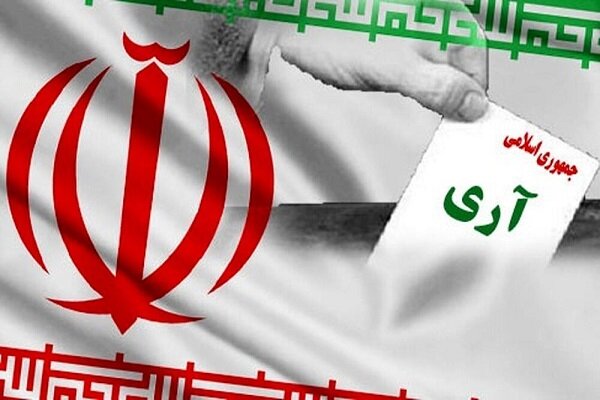
Islamic Republic Day: A Pivotal Moment in Iran’s Political Evolution
The Day of the Islamic Republic, celebrated annually on the 12th of Farvardin, marks the establishment of the Islamic Republic of Iran in 1979. This national holiday commemorates the overwhelming 98.2% voter approval in a referendum that ended centuries of monarchy, reflecting the Iranian people’s commitment to freedom and independence. It symbolizes a shift toward a governance system integrating Islamic principles with democratic values. Annually, Iranians honor the sacrifices made during the revolution and reaffirm their dedication to the ideals set forth by Imam Khomeini, reflecting on their journey and aspirations for the future amidst ongoing challenges.